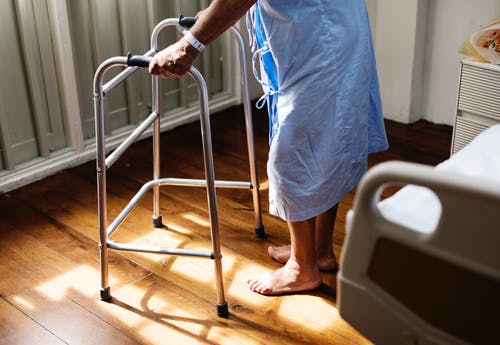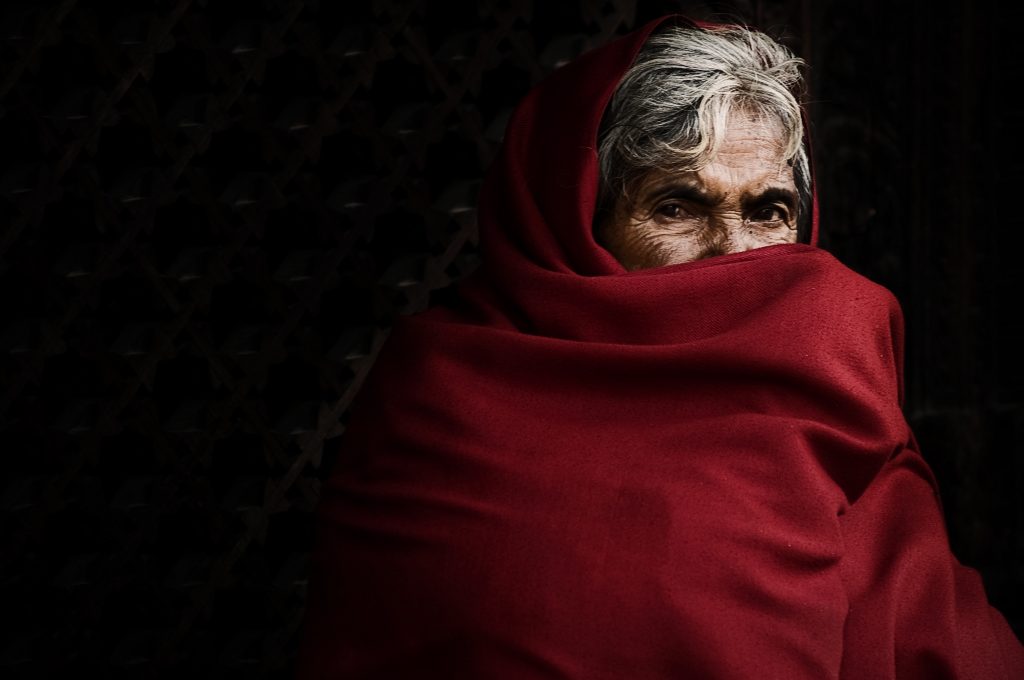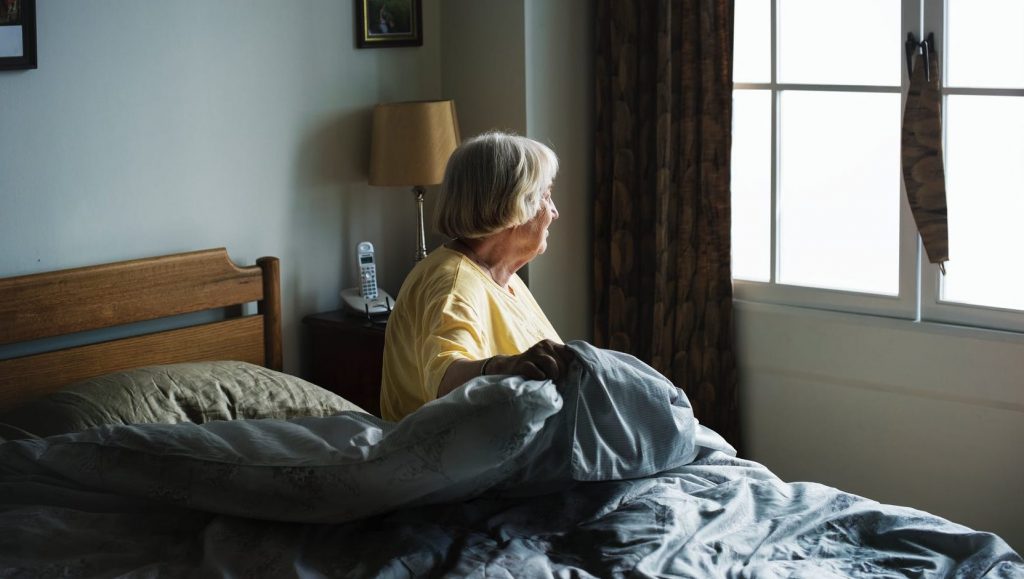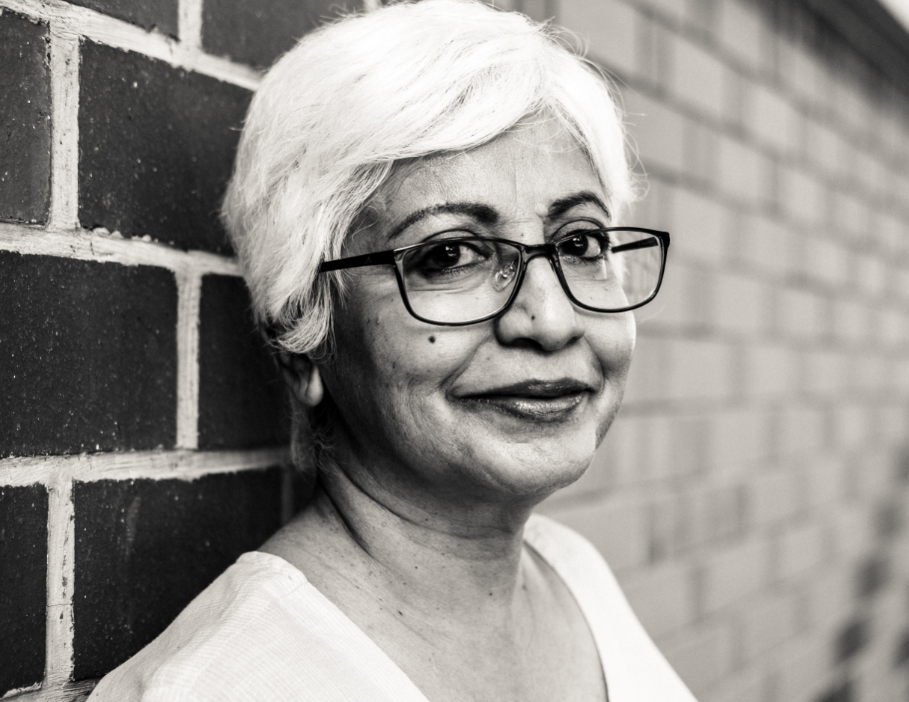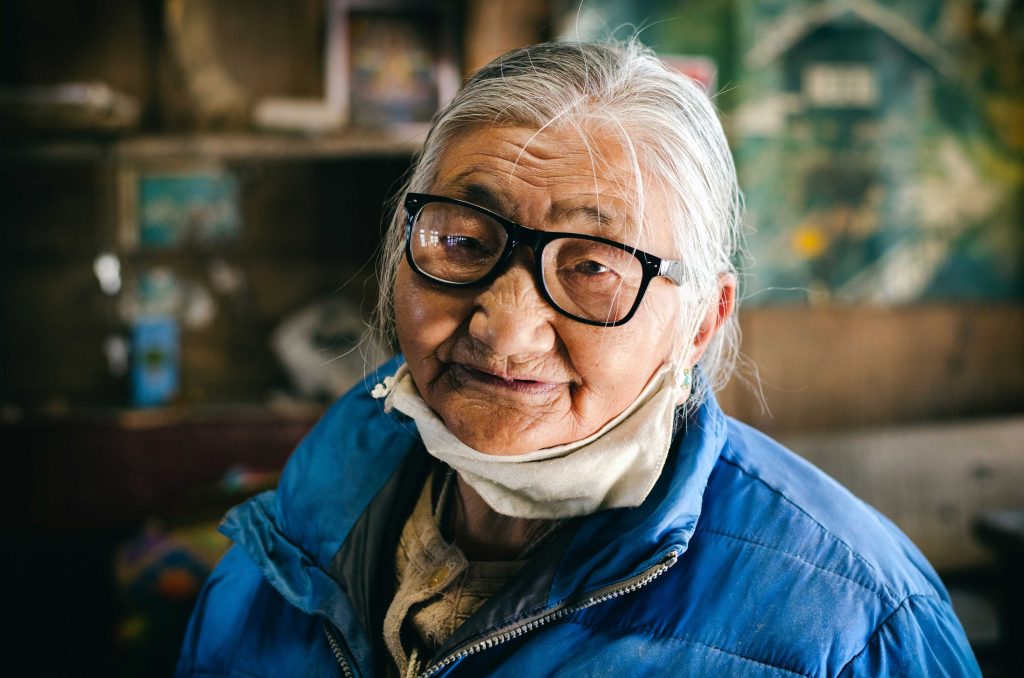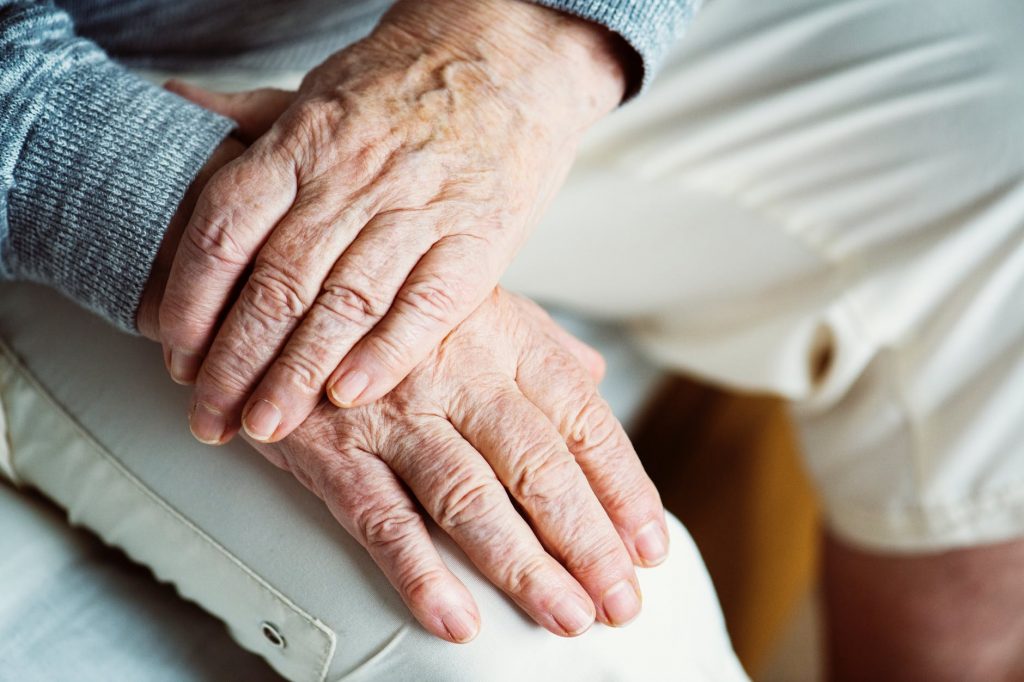As life expectancies increase, medical treatments advance, and increasing numbers of people live with chronic illness and disabilities, more and more of us find ourselves caring for a loved one at home. Whether you’re taking care of an ageing parent, a handicapped spouse, or looking after a child with a physical or mental illness, providing care for a family member in need is an act of kindness, love, and loyalty. Day after day, you gift your loved one your care and attention, improving their quality of life, even if they’re unable to express their gratitude.
Regardless of your particular circumstances, being a family caregiver is a challenging role and likely one that you haven’t been to train to undertake. And like many family caregivers, you probably never anticipated in this situation. However, you don’t have to be a nursing expert, a superhero, in order to be a good family caregiver. With the right help and support, you can provide loving, effective care without having to sacrifice yourself in the process.
No matter what their physical and cognitive health is, older adults always benefits from purposeful activities. Family caregivers can facilitate these types of activities in these ways:
- Encourage your loved one to share memories. Interview them for a family history, if they cannot write themselves.
- Help them to locate at least one volunteer opportunity, in the house, or in the community.
- Provide transportation to the locations they want to visit, like temples, gardens, parks, etc.
- Be alert for occasions when your loved one can feel needed. Let them do things at their own pace; don’t step in to help just because you could do something faster.
- If your loved one has Alzheimer’s or other dementia, talk to their healthcare providers and other professionals about appropriate meaningful activities. Let your loved one set the table, fold laundry or help in the kitchen. We never outgrow our need to feel needed.

